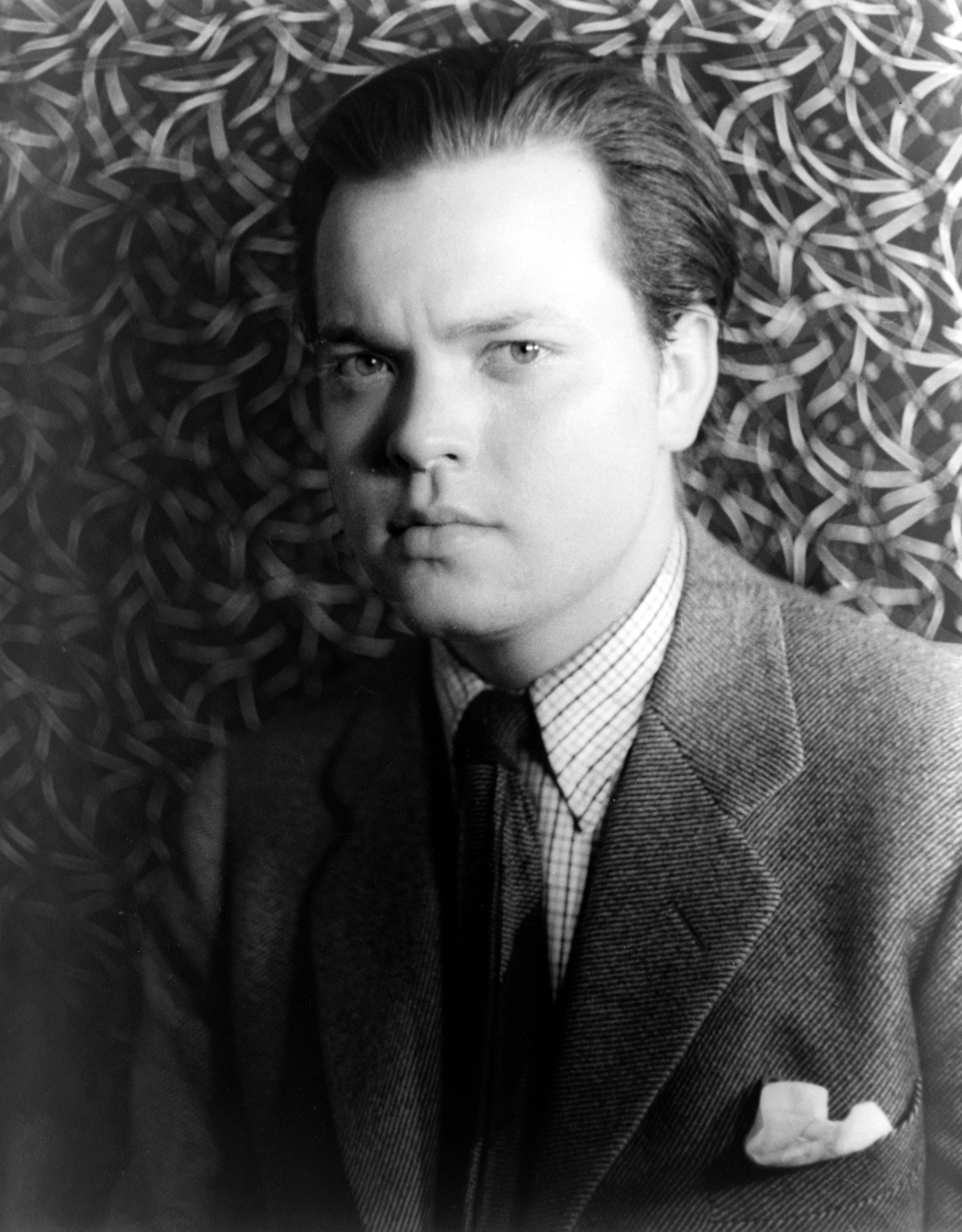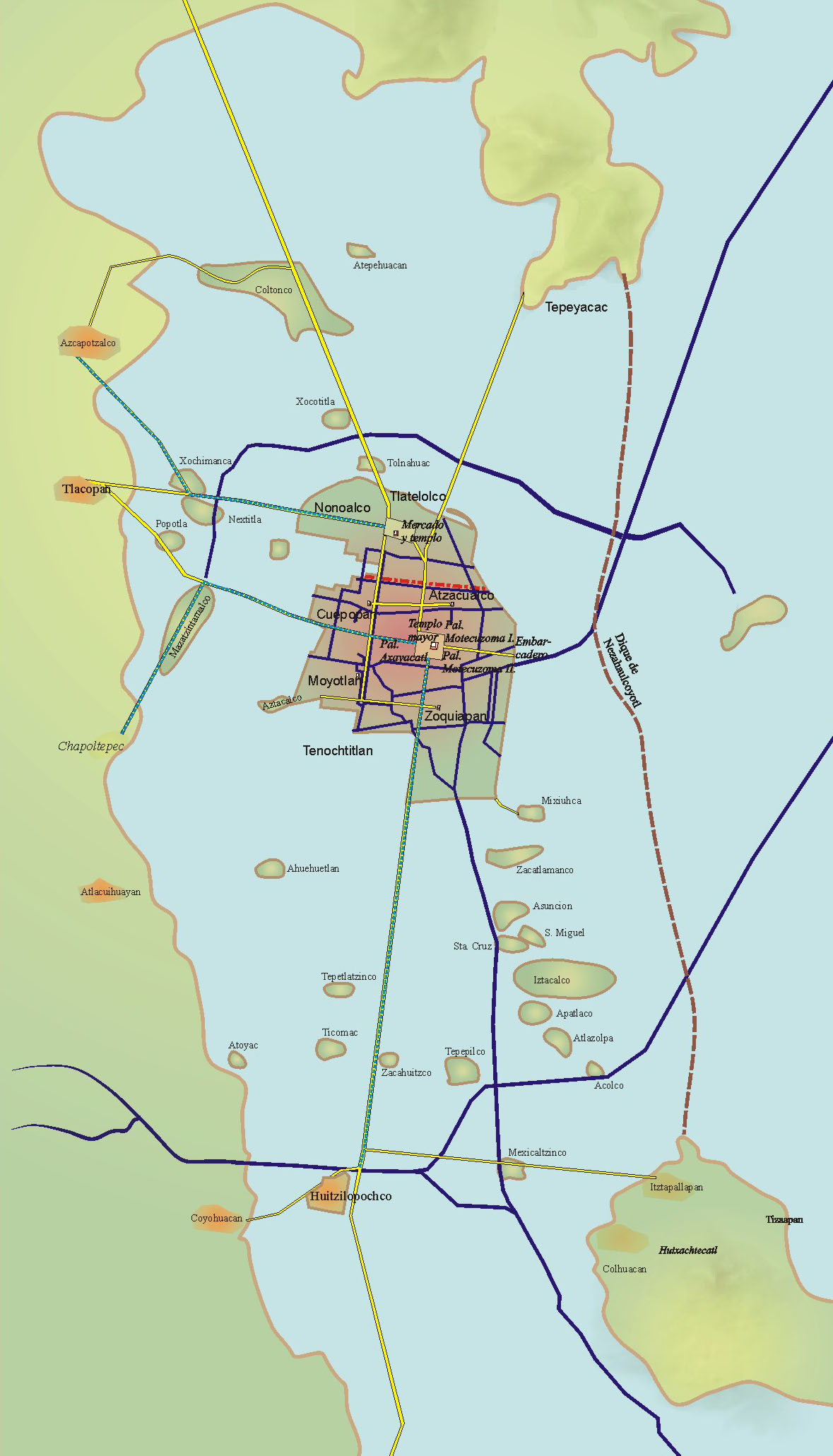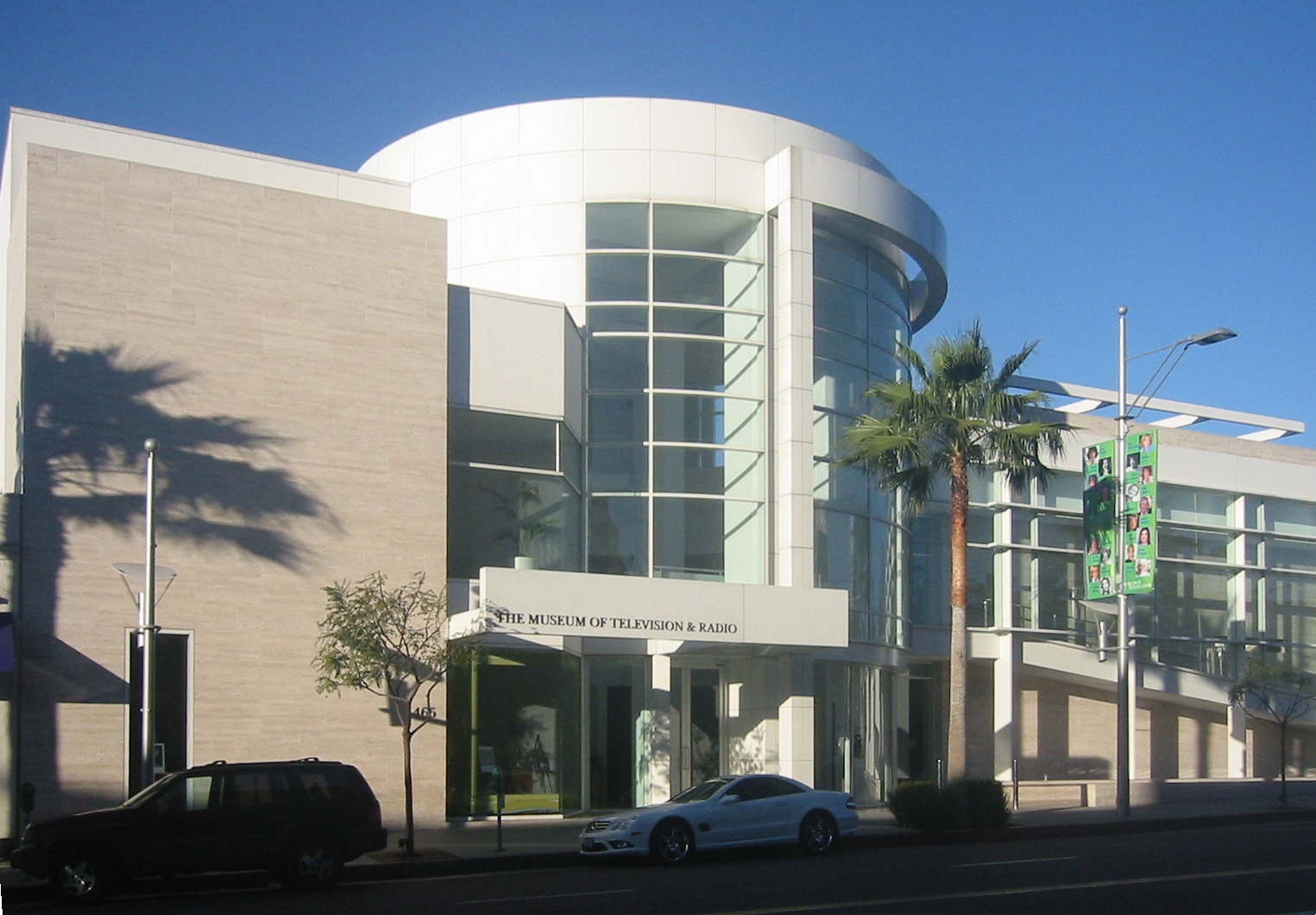|
The Fall Of The City
''The Fall of the City'' by Archibald MacLeish is the first American verse play written for radio.Louis Untermeyer, "New Power for Poetry," ''Saturday Review of Literature'', May 22, 1937, p. 7. Wolfe Kaufman, (untitled article), ''Variety'', April 14, 1937. The 30-minute radio play was first broadcast April 11, 1937, at 7 p.m. ET over the Columbia Broadcasting System (today CBS) as part of the '' Columbia Workshop'' radio series. The cast featured Orson Welles and Burgess Meredith. Music was composed and directed by Bernard Herrmann. It is an allegory on the rise of Fascism. The play Background MacLeish submitted the play in response to a general invitation by the producers of the ''Columbia Workshop'' for the submission of experimental works. MacLeish acknowledged he was inspired by the Anschluss, the annexation of Austria by Adolf Hitler and the National Socialist German Workers Party. According to MacLeish, the setting of the play was inspired by the Aztec city of Ten ... [...More Info...] [...Related Items...] OR: [Wikipedia] [Google] [Baidu] |
Archibald MacLeish
Archibald MacLeish (May 7, 1892 – April 20, 1982) was an American poet and writer, who was associated with the modernist school of poetry. MacLeish studied English at Yale University and law at Harvard University. He enlisted in and saw action during the First World War and lived in Paris in the 1920s. On returning to the United States, he contributed to Henry Luce's magazine '' Fortune'' from 1929 to 1938. For five years, MacLeish was the ninth Librarian of Congress, a post he accepted at the urging of President Franklin D. Roosevelt. From 1949 to 1962, he was Boylston Professor of Rhetoric and Oratory at Harvard. He was awarded three Pulitzer Prizes for his work. Early years MacLeish was born on May 7, 1892, in Glencoe, Illinois. His father, Scottish-born Andrew MacLeish, worked as a dry-goods merchant and was a founder of the Chicago department store Carson Pirie Scott. His mother, Martha (née Hillard), was a college professor and had served as president of Rockford C ... [...More Info...] [...Related Items...] OR: [Wikipedia] [Google] [Baidu] |
Radio Drama
Radio drama (or audio drama, audio play, radio play, radio theatre, or audio theatre) is a dramatized, dramatised, purely acoustic performance. With no visual component, radio drama depends on dialogue, music and sound effects to help the listener imagine the characters and story: "It is auditory in the physical dimension but equally powerful as a visual force in the psychological dimension." Radio drama includes plays specifically written for radio, docudrama, dramatised works of fiction, as well as Play (theatre), plays originally written for the theatre, including musical theatre, and opera. Radio drama achieved widespread popularity within a decade of its initial development in the 1920s. By the 1940s, it was a leading international popular entertainment. With the advent of television in the 1950s, radio drama began losing its audience. However, it remains popular in much of the world. Recordings of OTR (old-time radio) survive today in the audio archives of collectors, lib ... [...More Info...] [...Related Items...] OR: [Wikipedia] [Google] [Baidu] |
Tenochtitlan
, also known as Mexico-Tenochtitlan, was a large Mexican in what is now the historic center of Mexico City. The exact date of the founding of the city is unclear, but the date 13 March 1325 was chosen in 1925 to celebrate the 600th anniversary of the city. The city was built on an island in what was then Lake Texcoco in the Valley of Mexico. The city was the capital of the expanding Aztec Empire in the 15th century until it was Fall of Tenochtitlan, captured by the Tlaxcaltec and the Spanish in 1521. At its peak, it was the largest city-state, city in the pre-Columbian Americas. It subsequently became a ''Municipalities of Mexico, cabecera'' of the Viceroyalty of New Spain. Today, the ruins of are in the historic center of the Mexican capital. The World Heritage Site of contains what remains of the geography (water, boats, Chinampa, floating gardens) of the Mexica capital. was one of two Mexica (city-states or Polity, polities) on the island, the other being . Etymol ... [...More Info...] [...Related Items...] OR: [Wikipedia] [Google] [Baidu] |
Karl Swenson
Karl Swenson (July 23, 1908 – October 8, 1978) was an American theatre, radio, film, and television actor. Early in his career, he was credited as Peter Wayne.Peter Wayne (stage name of Karl Swenson, 1908-78) at IBDB Biography Early years Swenson was born in ,DeLong, Thomas A. (1996). ''Radio Stars: An Illustrated Biographical Dictionary of 953 Performers, 1920 through 1960''. McFarland & Company, Inc. . P. 257. of Swedish parentage. Planning to be a doctor, he enrolled at |
Edgar Stehli
Edgar Stehli (July 12, 1884 – July 25, 1973) was a French-born American actor of the stage, the screen and television. Early years The son of an English mother and a German-Swiss father, Stehli was born in Lyon, France. The family moved to New York in 1886 and later moved to Montclair, New Jersey. He graduated from Cornell University with a bachelor's degree in 1907 and a master's degree in 1908. While at Cornell, he acted in university theatrical productions. Career Stehli's professional acting debut came with a stock theater company in Bayonne as he had understudy and bit-part responsibilities and worked with props. He worked there and with other stock companies until 1919, when he was invited to join the Theatre Guild. Stehli appeared in the films ''Boomerang''; '' Executive Suite''; '' Drum Beat''; '' The Cobweb''; ''The Brothers Karamazov''; '' No Name on the Bullet''; '' 4D Man''; '' Cash McCall''; '' Atlantis, the Lost Continent''; '' Parrish''; '' Pocketful of Miracl ... [...More Info...] [...Related Items...] OR: [Wikipedia] [Google] [Baidu] |
Dwight Weist
Dwight Weist, Jr. (January 16, 1910 - July 16, 1991) was an actor and announcer in the era of old-time radio. Early years The son of Mr. and Mrs. Dwight W. Weist, he was born in Palo Alto, California, but was raised in Scranton, Pennsylvania. He attended Scranton's Central High School, where he participated in dramatics. He was a 1931 graduate of Ohio Wesleyan University, where he participated in debate, and he acted in the Cleveland Play House theater company. Radio Weist debuted on radio in Columbus, Ohio, working as an announcer on WAIU while he was a college student. He also worked on WGBI in Scranton, relating instructions about playing bridge. Weist was called "the man of 1,000 voices," primarily as a result of his work on ''The March of Time''. His obituary in ''The New York Times'' explained, "Mr. Weist, who played Adolf Hitler and Franklin D. Roosevelt, among many others, received his nickname because of his ability to imitate a broad range of accents and ages." Weist e ... [...More Info...] [...Related Items...] OR: [Wikipedia] [Google] [Baidu] |
Carleton G
Carleton may refer to: Education establishments * Carleton College, a liberal arts college in Northfield, Minnesota, United States * Carleton School in Bradford, Massachusetts, United States * Carleton University, a university in Ottawa, Ontario, Canada * Ottawa-Carleton District School Board Human names * Carleton (surname) * Baron Carleton * Carleton (given name) Places Canada Ontario * Carleton (Ontario federal electoral district) (1867–1966, 2015–present) * Carleton (Ontario provincial electoral district) (1867–1995, 2018–present) * Carleton County, Ontario (historic) * Carleton Place, Ontario * West Carleton Township, Ontario * Carleton Ward of Ottawa, AKA College Ward New Brunswick * Carleton, New Brunswick, now part of Saint John * Carleton Parish, New Brunswick, in Kent County * Carleton (New Brunswick federal electoral district) (1867–1914) * Carleton (New Brunswick provincial electoral district, 1834–1974) * Carleton (New Brunswick prov ... [...More Info...] [...Related Items...] OR: [Wikipedia] [Google] [Baidu] |
Adelaide Klein
Adelaide Klein (July 8, 1900 – March 18, 1983) was an American actress who performed on radio, television, films, and the stage. She was best known for her dialects as a radio performer. Over the course of her thirty-year career, Klein performed in radio comedies and soap operas, appeared in eight shows on Broadway, four films, and on thirteen television series. Early life Klein was born in New York City on July 8, 1900. While she attended Julia Richman High School, she prepared for a career in business but also was exposed to drama. After graduation, she began working as a secretary. Career Klein began her radio as a singer in the late 1920s. However, demand for her talents with dialect and as a character actress led her to acting full-time by 1933. She performed in a variety of radio programs, including portraying Hilda, the maid in ''We, The Abbotts'', Dragon Lady in ''Terry and the Pirates'', Agatha Meek in ''Meet Mr. Meek'', and a Russian countess in ''The House on Q S ... [...More Info...] [...Related Items...] OR: [Wikipedia] [Google] [Baidu] |
House Jameson
House Baker Jameson (December 17, 1902 – April 23, 1971)DeLong, Thomas A. (1996). ''Radio Stars: An Illustrated Biographical Dictionary of 953 Performers, 1920 through 1960''. McFarland & Company, Inc. . P. 139. was an American actor in the era of old-time radio and early television. Early years Jameson was a native of Austin, Texas. He was named for Edward M. House, a political figure who was a friend of the family. He graduated from Columbia University. Jameson said that he knew at age 5 that he wanted to be an actor, when an aunt, who raised him after his father died, took him to see a performance of '' The Shepherd King.'' Jameson told ''TV Guide'' that after the family returned home, he "absolutely refused to go to bed until the family rustled up some costumes and re-enacted the play." Radio Jameson broke into radio in the early 1930s, as an announcer with WEVD. Jameson admired a WEVD announcer named Roland Bradley in Chicago, and wrote him a letter telling him so. T ... [...More Info...] [...Related Items...] OR: [Wikipedia] [Google] [Baidu] |
Farrar & Rinehart
Farrar & Rinehart (1929–1946) was a United States book publishing company founded in New York. Farrar & Rinehart enjoyed success with both non-fiction and novels, notably, the landmark Rivers of America Series and the first ten books in the Nero Wolfe corpus of Rex Stout. In 1943 the company was recognized with the first Carey-Thomas Award for creative publishing presented by ''Publishers Weekly''. History Farrar & Rinehart was founded in June 1929 by John C. Farrar (vice president) and Stanley M. Rinehart, Jr. (president), in partnership with Frederick R. Rinehart. In forming the company, Farrar and the Rineharts left the massive Doubleday, Doran publishing house, the result of a merger between their mutual employer, the George H. Doran Company, with Doubleday, Page & Company in 1927. Both Stanley and Fredrick were the sons of the famous playwright and author, Mary Roberts Rinehart. Mary Roberts Rinehart supported her sons and their company by leaving Doubleday, Doran ... [...More Info...] [...Related Items...] OR: [Wikipedia] [Google] [Baidu] |
Paley Center For Media
The Paley Center for Media, formerly the Museum of Television & Radio (MT&R) and the Museum of Broadcasting, founded in 1975 by William S. Paley, is an American cultural institution in New York City with a branch office in Los Angeles. It is dedicated to the discussion of the cultural, creative, and social significance of television, radio, and emerging platforms for the professional community and media-interested public. It was renamed the Paley Center for Media on June 5, 2007, to encompass emerging broadcasting technologies such as the Internet, mobile video, and podcasting, as well as to expand its role as a neutral setting where media professionals can engage in discussion and debate about the evolving media landscape. Locations New York In 1975 the original Museum of Broadcasting was founded with a gift by William S. Paley of US$2 million (equivalent to $ million in ). It opened in Manhattan on November 9, 1976, occupying two floors in an office building at 1 East 53 ... [...More Info...] [...Related Items...] OR: [Wikipedia] [Google] [Baidu] |
William S
William is a masculine given name of Germanic languages, Germanic origin. It became popular in England after the Norman Conquest, Norman conquest in 1066,All Things William"Meaning & Origin of the Name"/ref> and remained so throughout the Middle Ages and into the modern era. It is sometimes abbreviated "Wm." Shortened familiar versions in English include Will (given name), Will or Wil, Wills, Willy, Willie, Bill (given name), Bill, Billie (given name), Billie, and Billy (name), Billy. A common Irish people, Irish form is Liam. Scottish people, Scottish diminutives include Wull, Willie or Wullie (as in Oor Wullie). Female forms include Willa, Willemina, Wilma (given name), Wilma and Wilhelmina (given name), Wilhelmina. Etymology William is related to the German language, German given name ''Wilhelm''. Both ultimately descend from Proto-Germanic ''*Wiljahelmaz'', with a direct cognate also in the Old Norse name ''Vilhjalmr'' and a West Germanic borrowing into Medieval Latin ''Wil ... [...More Info...] [...Related Items...] OR: [Wikipedia] [Google] [Baidu] |




